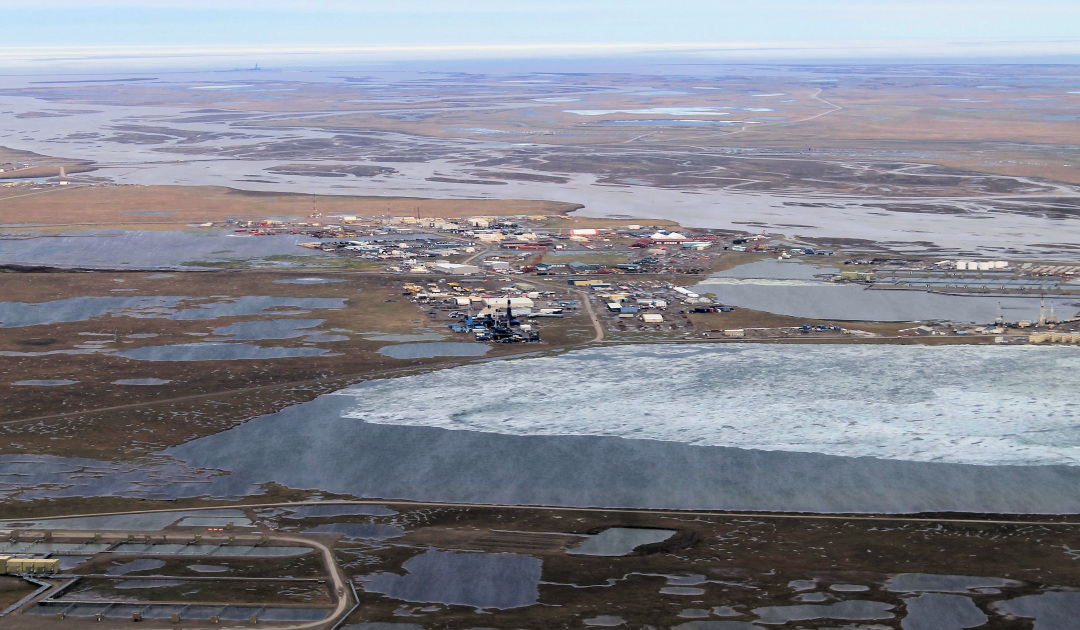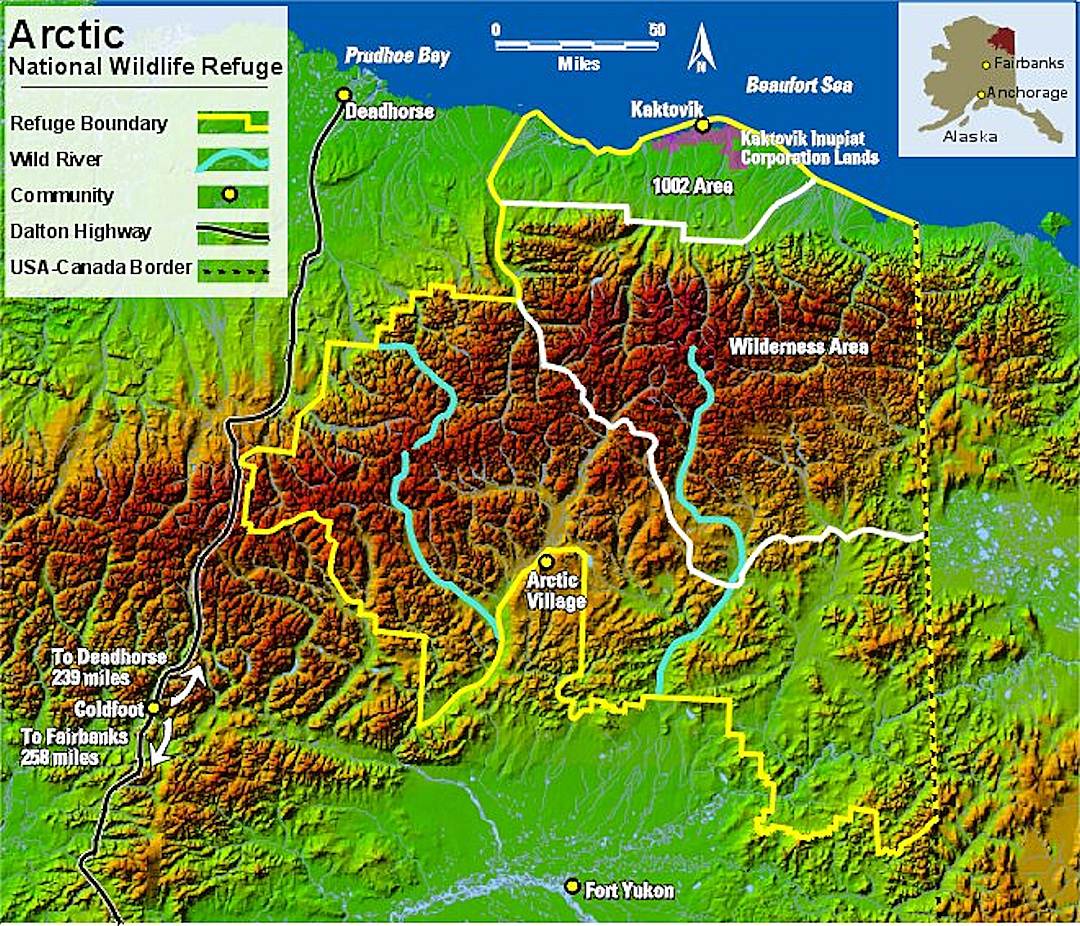
For months, the tug-of-war over oil and gas exploration plans in the coastal area of the Arctic National Wildlife Refuge has intensified. As proponents build on the Trump administration’s plans to hold the auction as soon as possible to issue the lease sales, the number of opponents of the projects is growing. The fact that many large banks do not want to finance exploration plans is to be prevented by the government with a law. But despite this, the last major US bank, Bank of America, has now clearly rejected the financing of such projects in the Arctic.
The bank made it clear in a statement by Larry Di Rita, BofA’s head of public policy and strategy, that they had no intention of funding resource-mining projects in the Arctic. “There was a misunderstanding about our position, but historically, we have never participated in project finance for oil and gas exploration in the Arctic,” Di Rita said in an interview, as reported by Bloomberg. “But given that misinterpretation, we have determined that it is time to codify our existing practice into policy.” The Bank now clearly wants to pursue a leading role in the environment and social policy of the financial industry and to distance itself from environmentally damaging or socially incompatible projects.

Bank of America’s announcement has already provoked positive reactions from opponents of the project. But this only after the bank has faced criticism in recent weeks for not clearly expressing its position on the drilling plans and their financing. However, now environmental groups are talking about a major blow to the government in Washington. With the lack of support from major banks, the signal to the mining companies is clear: hands off the Arctic National Wildlife Refuge. Despite the bank’s announcement, however, the government itself yesterday announced that it will hold the auction for the lease sales on January 6, 2021, less than two weeks before President-elect Joe Biden takes office. Chad Padgett, Alaska’s state director of the Bureau for Land Management, said it had been decided by Congress to carry out the sale of the lease licenses in a first round through December 2021. Republican representatives in the Senate and House of Representatives, as well as representatives of the people of the village of Kaktovik, which is in the middle of the planned exploration area, welcomed the government’s announcement.

But the question arises as to who will actually take part in this auction and how the exploration companies will finance their projects. Without the major banks, which would have the necessary resources to do so, it will be difficult to obtain appropriate financing. For smaller banks, the current economic situation may be too uncertain. The price of oil is still at record lows and the COVID pandemic has also caused massive damage from an economic point of view. Large oil and gas companies could enter the business potentially. But the political and public pressure, and the fact that just two weeks after the auction, President-elect Joe Biden and Vice President Kamala Harris will take office and are declared opponents of the projects, are likely to be quite a deterrent. Smaller and local companies and firms could not have the financial means to implement the projects in the promised “sustainable and ecologically compatible” way, even if they would acquire the leases. Another factor of uncertainty is the development of the natural environment. The permafrost losses that scientists have long predicted are now active at a rapid pace in Alaska. This makes building the already missing infrastructure even more a gamble. This could create a “Rien ne va plus” for the planned auction and the winner would be the nature of the Arctic National Wildlife Refuge.
Dr Michael Wenger, PolarJournal
More on the subject:





